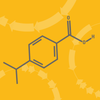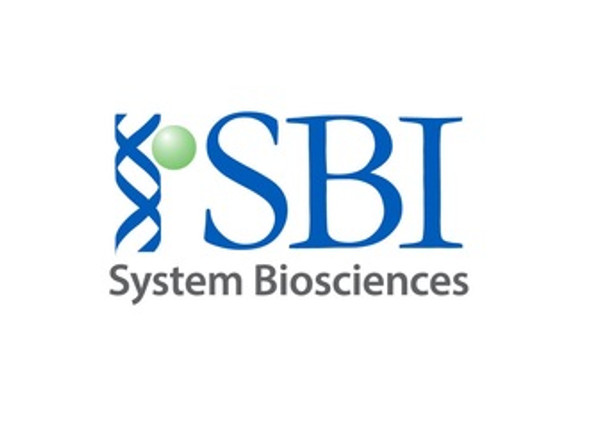System Biosciences
Water-soluble Cumate solution (300mg/ml, 10,000x), 500ul
- SKU:
- QM150A-1
- Availability:
- Usually Shipped in 5 Working Days
- Size:
- 500 ul
- Shipping Temperature:
- Blue Ice
Description
Water-soluble Cumate solution (300mg/ml, 10,000x), 500ul . Cat# QM150A. Supplier: SBI System Biosciences

Overview
- Robust—increase expression up to 32-fold
- Adjustable—tune expression levels by titrating the amount of cumate
- Reversible—turn expression on, then off, then on again
- Versatile—choose from all-in-one formats that co-express CymR and your gene-of-interest, or two-vector systems where CymR is expressed from a different plasmid
- Powerful—suitable for in vivo applications
How It Works
Tightly-controlled, inducible gene expression
SBI’s SparQ Cumate Switch System delivers robust, titratable gene expression with low background through three components:
- Cumate, a non-toxic, small-molecule inducer
- CymR, a repressor that binds to cumate operator sequences in the absence of cumate
- SparQ Lentivector that contains an MCS to clone-in your gene-of-interest, the cumate inducible promoter with cumate operator sequences (CuO) upstream of the MCS, and one or more markers
CymR has a high binding affinity for cumate and, as more cumate is added, fewer CymR molecules bind to the CuO sequences in the promoter resulting in increased expression. Exhibiting much lower background expression than similar systems, SBI’s cumate-inducible vectors can provide up to 32-fold induction of gene expression.
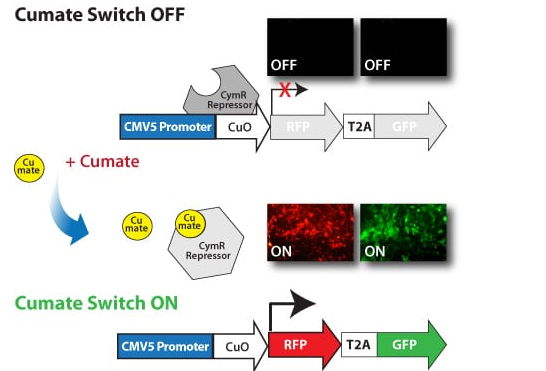
Supporting Data
Tight expression control with low background
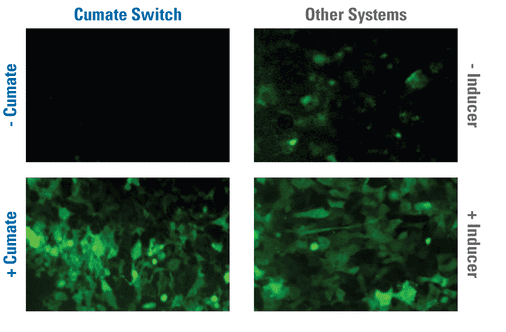
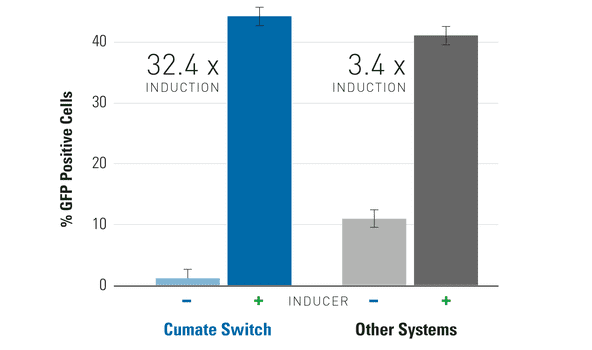
Figure 1. Get lower background and higher induction with the SparQ Cumate Switch System than other inducible systems.
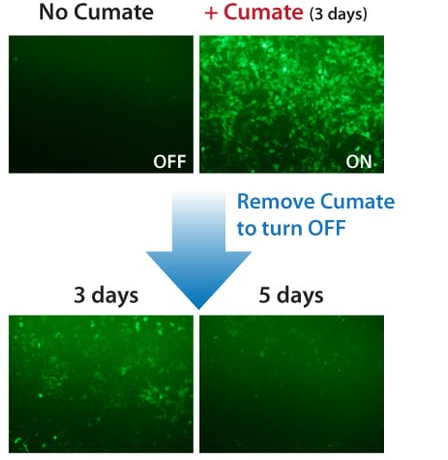
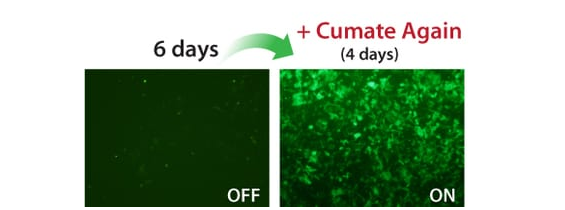
Figure 2. Gene expression with the SparQ Cumate SwitchSystem can be turned on and off, then on again.
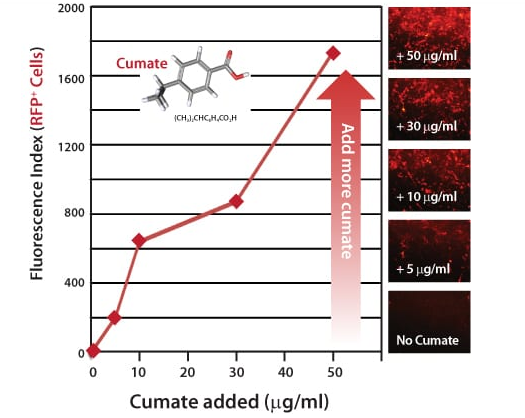
Figure 3. Gene expression with the SparQ Cumate Switch System is titratable, with increasing amounts of cumate inducing a linear increase in gene expression

Figure 4. With the SparQ System, gene expression can also be titrated by increasing the amount of transduced SparQ lentivirus, even up to 30 MOI.





